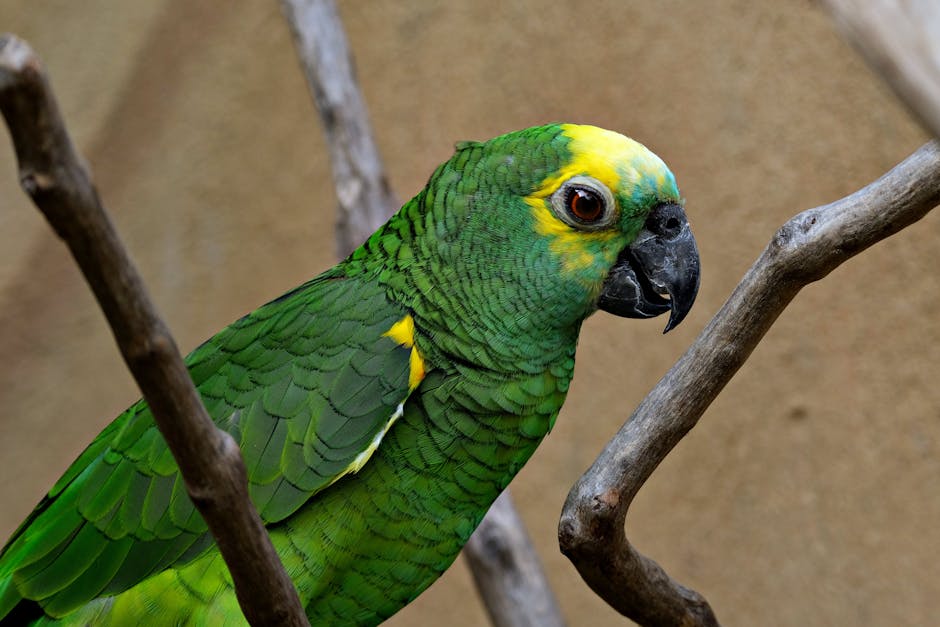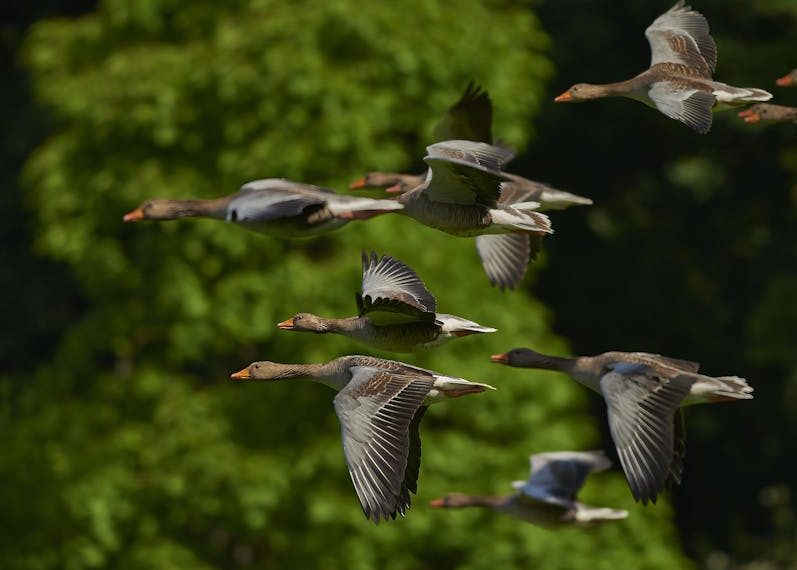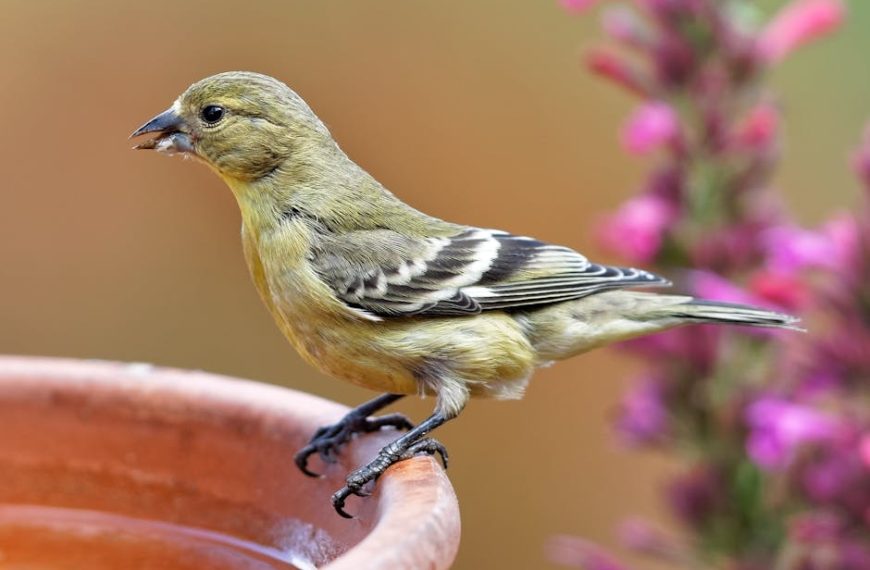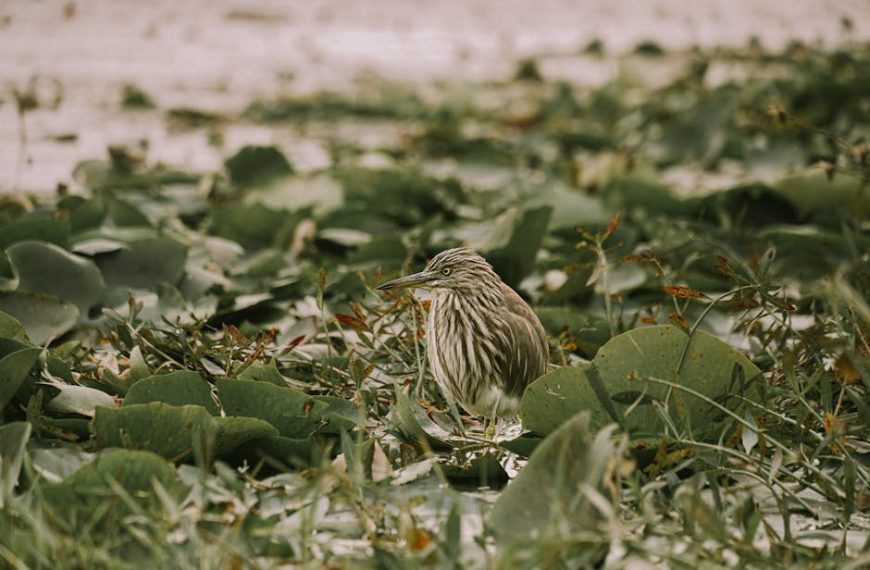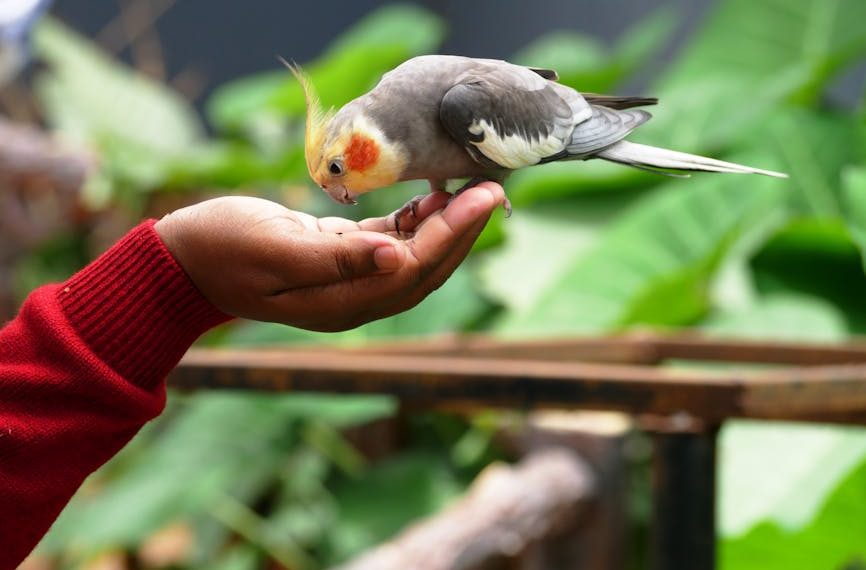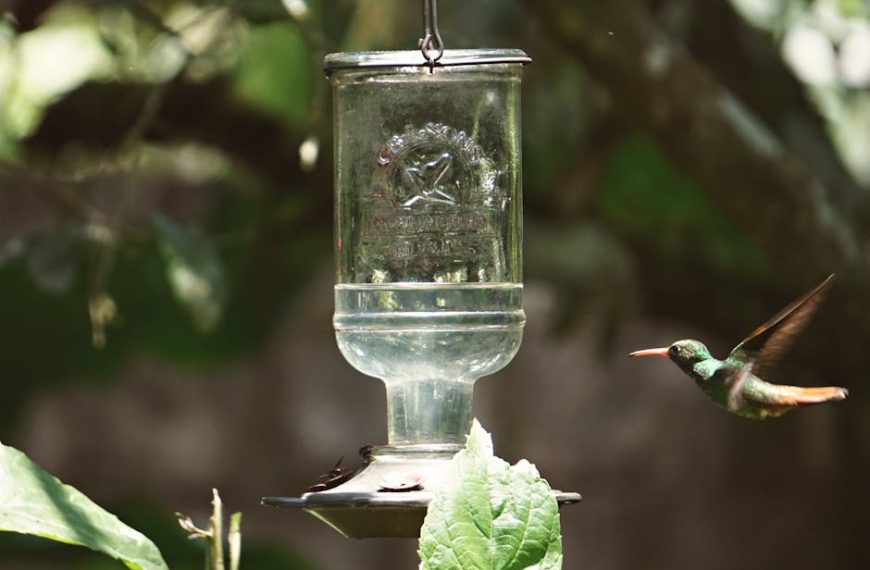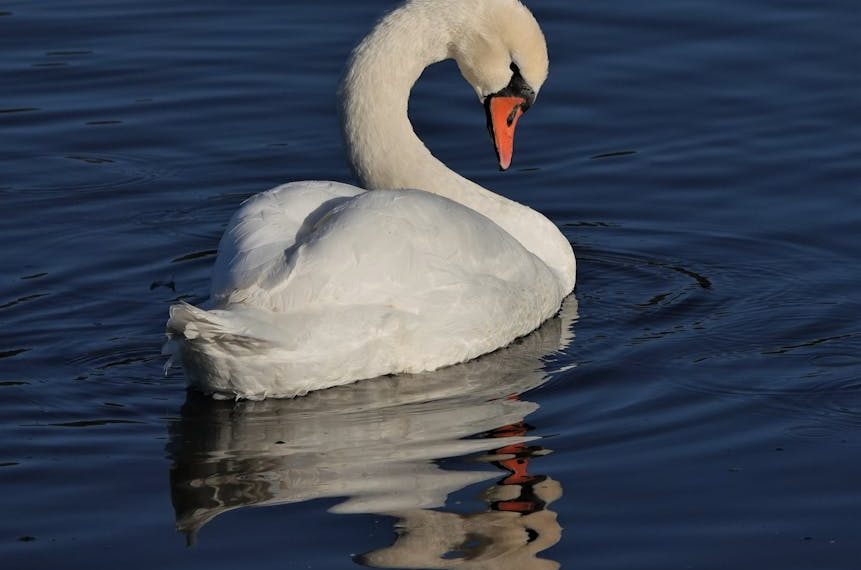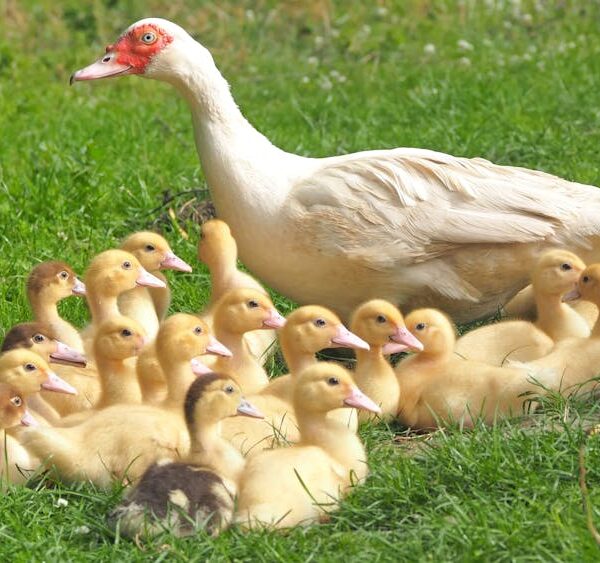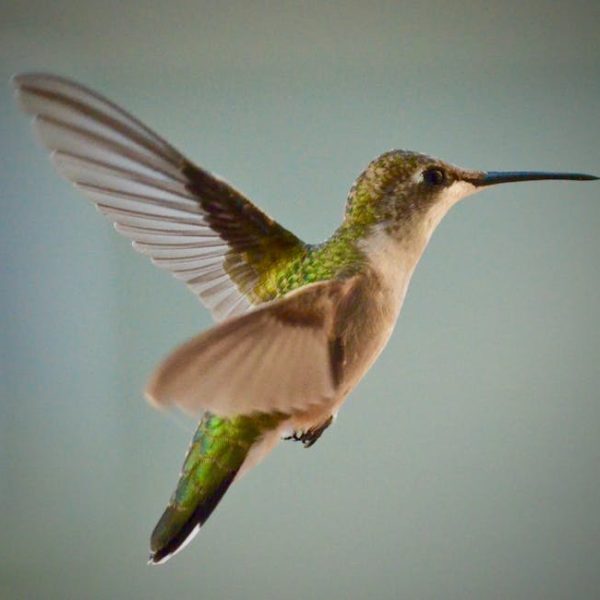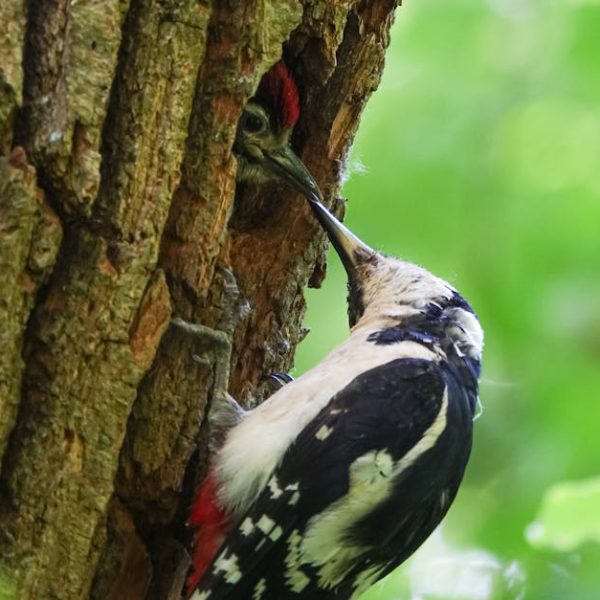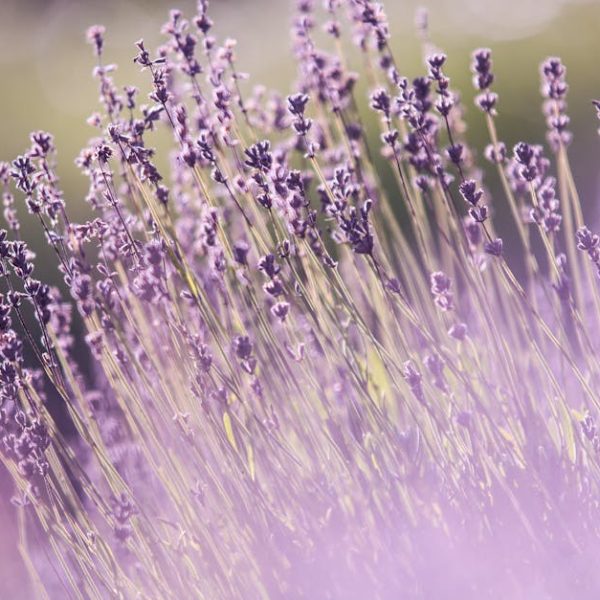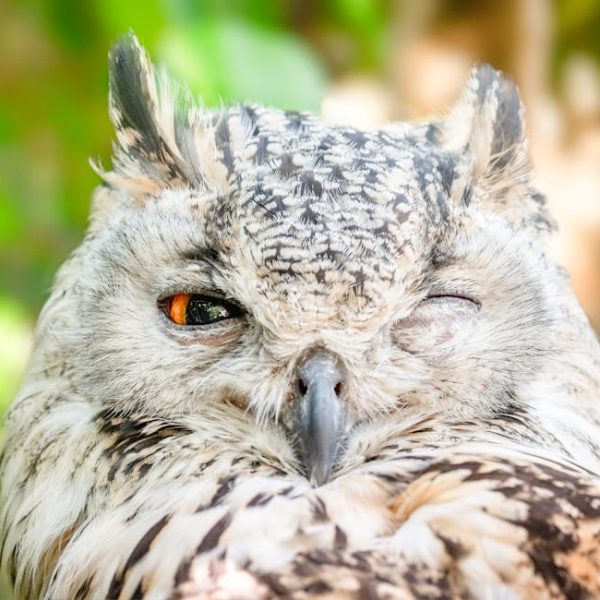Just as friendships enrich our human lives, choosing the right companion for your cockatiel can greatly enhance their life too. This article embarks on a chirpy journey through the world of feathered friends, shedding light on the best companions for your cockatiel. Enhancing their social lives, fostering harmonious cohabitation, and uplifting their overall well-being – finding the right companion for your cockatiel promises positive, rewarding outcomes.
Budgerigars: The Perfect Companion for Your Cockatiel
Often referred to as budgies, Budgerigars share a remarkable camaraderie with cockatiels. They are sociable, interactive, and full of character. Their charm and playful nature align perfectly with the friendly personality of cockatiels, promising harmonious cohabitation. Their small size and gentle demeanor reduce the risk of territorial disputes or aggressive behaviors. This makes them a splendid option for a cockatiel companion.
Observations of budgies and cockatiels cohabitating have revealed shared meals, coordinated playtimes, and even mutual grooming sessions. To ensure this blossoming friendship thrives, consider introducing the budgerigar to your cockatiel’s environment gradually, respecting the nesting space initially before encouraging shared activities.
Best practices:
- Start by having the budgerigar in a separate cage, but within sight of the cockatiel.
- Gradually increase the length of supervised interactions.
- Eventually, transition to shared meals and cohabitation.
- Maintain separate nesting spots for each bird to respect their need for personal space.
Lovebirds: A Vibrant Partner for Your Cockatiel
If you are looking for an energetic, vibrant companion for your cockatiel, lovebirds boast an ideal mix of colour and personality. Their lively social nature and love for companionship mirror that of cockatiels. However, their distinctive high energy levels need to be managed to ensure they align with the more relaxed demeanor of cockatiels.
While the cohabitation of lovebirds and cockatiels is like an exciting aviary play date, it is important to understand their distinct behavior patterns.
Pro Tips:
Introduce playtimes according to the energy levels of both birds.
Monitor their interactions closely during initial encounters.
Provide individual rest spaces to maintain balance within their shared environment.
Canaries: Harmonious Melodies for Your Cockatiel
If music be the food of life, canaries are certainly the chefs. Known for their sweet, tuneful songs, canaries can infuse your cockatiel’s world with harmonious melodies. While they are often more reserved than cockatiels, they share an easygoing and peaceful persona that promotes a calm, soothing environment. This can help reduce stress and enhance the overall wellness of both birds.
Comparing the sounds of canaries and cockatiels, the peaceful tunes of canaries perfectly complement the chatty and occasionally boisterous nature of cockatiels. Ensuring both species are comfortable requires careful attention to their shared environment.
Checklist to ensure harmonious cohabitation:
✅ A quiet, stress-free environment
✅ Separate spaces for each bird
✅ Regular monitoring of their interactions
✅ Slow and steady introduction of the new bird to the seasoned one.
Remember, every bird, like us humans, has its unique personality, and its suitability as a companion depends largely on individual traits. Having said that, budgerigars, lovebirds, and canaries make great companions for cockatiels, fostering a lively, engaging, and melodious relationship.
Finches: Small Companions with Big Hearts for Your Cockatiel
A petite size without losing an ounce of charm – finches are definitely worth considering when looking for a companion for your cockatiel. They are known for their sociable and friendly nature, making them a natural fit for cockatiels who also appreciate companionship. Living with finches can offer your cockatiel an exciting, low-maintenance friendship.
Plus, their smaller size adds to the advantage, especially if space is an issue. Allowing finches and cockatiels to share the same cage needs attention as their ways of dealing with home situations can dotingly, differ.
Pro Tips:
Create levels in the cage – finches prefer upper levels while cockatiels tend to stay lower.
Allow adequate space for each species – they may want to take a break from their feathered friend.
Minimise overcrowding by providing access to separate feeding and bathing areas.
Dangers to Avoid: Non-Compatible Bird Species for Your Cockatiel
While the right companions can uplift your cockatiel’s spirits, the wrong ones can bring harm and distress. Birds that have bullying tendencies or hierarchical behaviors such as parrots, pigeons, or hawks may not be the best companions for your cockatiel.
These larger bird species could intimidate your cockatiel and may, in extreme cases, cause physical harm. Also, if you are considering a bird with coarse dietary requirements, their incompatible needs can lead to an unnecessary amount of stress and complications.
Bird species to avoid:
- Parrots: Known for their dominance and aggression.
- Hawks: Predatory nature can make them a threat to cockatiels.
- Pigeons: They have a tendency to dominate resources leading to territorial issues.
Best Practices:
✔️ Research thoroughly on the bird species you are considering as a companion.
✔️ Monitor the interactions between the new bird and your cockatiel closely.
✔️ If signs of stress, bullying or injury appear, separate the birds immediately.
✔️ Never leave a new companion with your cockatiel unsupervised until they show signs of lasting harmony.
Finding the perfect companion for your cockatiel is a journey that requires time and patience, but it also promises a wonderful rewarding experience. No matter the species, remember to introduce any new bird under supervised, safe conditions, acknowledging the personality of your existing pet. Happy bird pairing!
Key Takeaway:
- Budgerigars, with their friendly nature and similar size, make splendid companions for cockatiels.
- Lovebirds inject vibrancy and energy into a cockatiel’s world, although their higher activity levels may require careful management.
- Canaries, known for their soothing melodies, contribute to a peaceful environment that benefits both species.
- Despite their smaller size, finches provide a friendly and low-maintenance relationship for cockatiels.
- Certain bird species pose risks due to dominant or aggressive tendencies, differing dietary needs, and potential physical threats. Therefore, research and careful monitoring are crucial when introducing a new companion to a cockatiel.
Choosing the perfect companion for your cockatiel is a wonderful journey. By taking the time to understand the personalities and behavioral traits of potential companions, you can not only create a structured and harmonious living environment but significantly enhance the overall well-being of your pet. Happy bird pairing!
FAQs
Q: Can two different bird species share the same cage?
A: Yes, certain bird species can share the same cage. However, it’s crucial to ensure that the cage is spacious enough for both, with separate areas for feeding, bathing, and resting.
Q: How do I introduce a new bird to my cockatiel?
A: Start slow. Initially, keep the new bird in a separate cage but within sight of your cockatiel. Gradually increase the length of supervised interactions until they comfortably cohabit.
Q: Should I be concerned about the noise level of the new bird?
A: Yes. If a new companion bird has a significantly different noise level than your cockatiel, it could cause stress or discomfort. It’s essential to consider this when choosing a companion.
Q: What signs should I look for to ensure my cockatiel and the new companion are getting along?
A: Positive signs include shared meal times, interactive play, mutual grooming, and peaceful cohabitation. If you notice signs of stress, bullying, or injury, separate the birds immediately.
Q: What should I do if the birds don’t get along?
A: If the birds are constantly fighting or showing signs of stress, it’s best to separate them. Consult with an avian expert or vet for advice.
Remember, every bird has its unique personality. So take your time and make the process enjoyable for both you and your feathered friends. Feel free to share our article with other bird enthusiasts, and explore more posts on our website about bird care and companionship.
